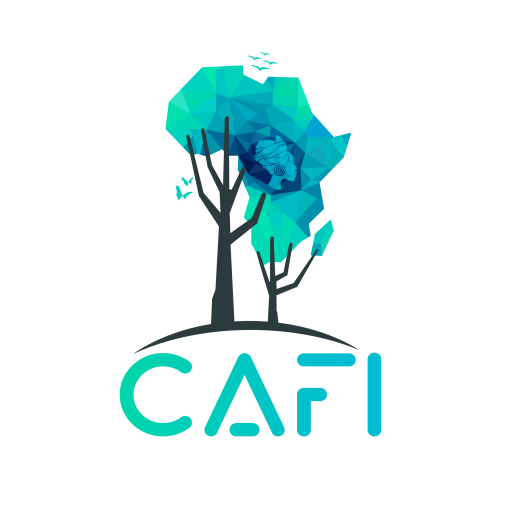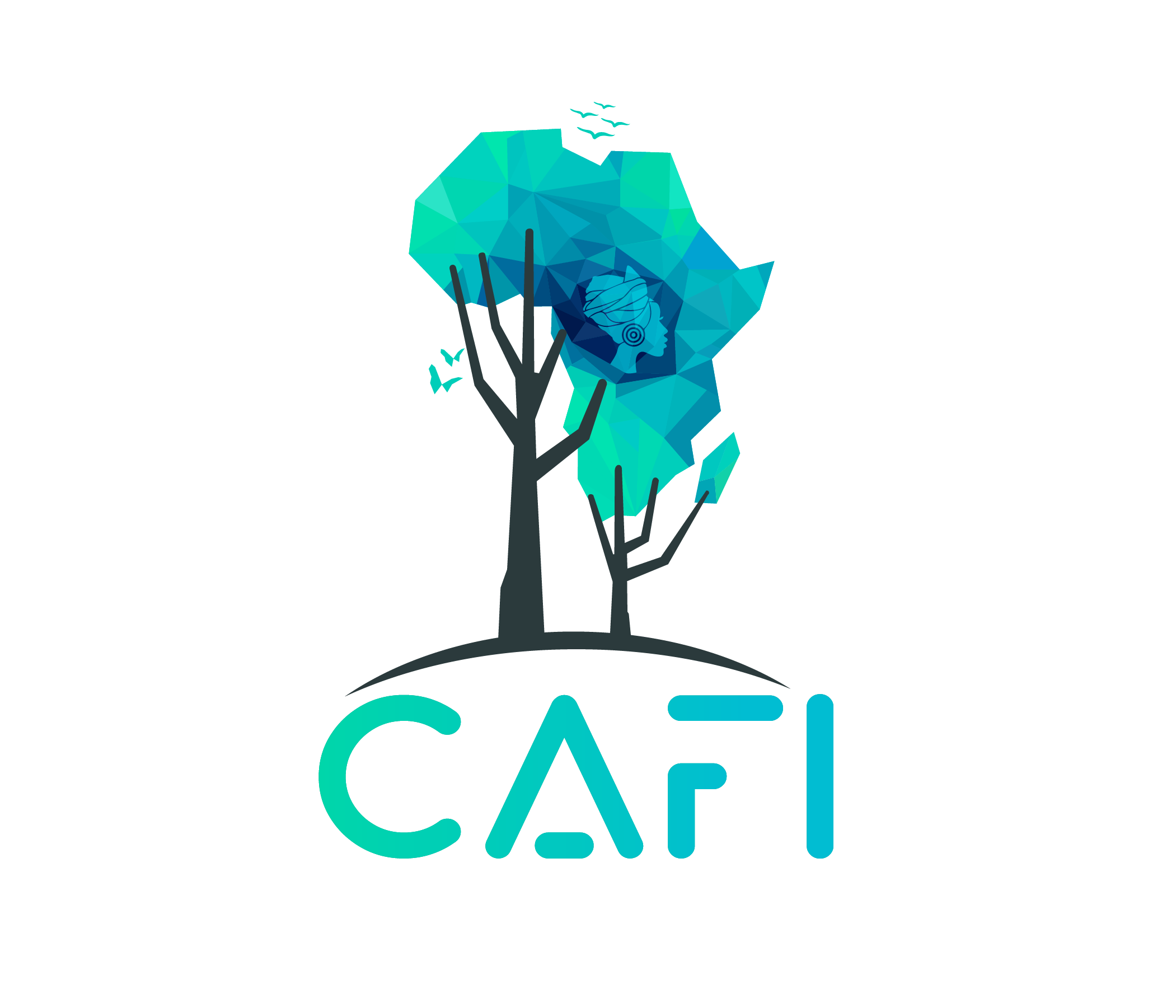December 12, 2023 – Kinshasa, DRC
- Chaired by H.E. the DRC Minister of Finance, the DRC REDD+ National Fund Steering Committee (FONAREDD) approved this year-end a portfolio of over US$121 million in funding from the Central African Forest Initiative (CAFI).
- The funding will go towards five new projects and two ongoing projects.
- This is in addition to funding already approved this year, bringing the total to $136 million in 2023 alone.
- The Steering Committee also approved the technical guidelines for a national programme of Payments for Environmental Services (PES).
- These decisions mark a major and concrete step forward in the CAFI-DRC partnership since the signing of the second Letter of Intent in December 2021, and are the result of substantial joint efforts between FONAREDD and CAFI.
The new funding for projects with a territorial approach (PIREDD), represent a total of $52 million and aim to reduce the pressure on 13 million hectares of forests while significantly improving the livelihoods of rural populations in these territories. These projects will benefit from the rich lessons learned from projects supported by CAFI since 2016 in 9 provinces. Above all, they will enable the scaling-up of Payments for Environmental Services (PES), a performance-based approach that the Government and CAFI wish to institute as a pillar of the Partnership’s implementation approach. The technical guidelines for a national PES pilot project were also validated today by the Steering Committee, with the aim of laying the foundations for a future national PES programme.
The remainder of the newly approved $69 million in funding is aimed at ensuring an enabling environment for inclusive sustainable development with low impact on forests. These projects focus on strengthening environmental and social governance in the mining and hydrocarbons sectors, as well as climate finance (nationally determined contribution/NDCs and carbon market oversight). They will also provide renewed support for land and land-use planning reforms. A long-awaited project will focus on improving sustainable family farming as part of the local development programme dedicated to the 145 territories (PDL-145T) to tackle the current food insecurity crisis.
These funds are in addition to those already approved in 2023 to top up the PIREDD Kwilu ($5 million) and the support programme for the national family planning strategy ($10 million), bringing the total to $136 million for 2023 alone.
As with the first partnership, disbursements to projects will be made in instalments, based on the fulfillment of pre-agreed prerequisites and results.
Driven by a shared vision for the forest, the climate and improved living conditions for local populations, these projects support the ambitious milestones set out in the second Letter of Intent between the DRC and CAFI. This new funding represents a key step in the effective implementation of the second DRC-CAFI partnership and the consolidation of results already fulfilled.
The DRC-CAFI 2021-2030 partnership focuses on implementing new programmes aimed at achieving a model of economic and social prosperity built around the forests : the structuring element of its REDD+ strategy, which contributes both to the country’s development objectives and to improving the well-being of its populations, as well as to achieving the objectives of stabilising forest cover at 63.50% by 2030, and of climate and biodiversity preservation at national, regional and global levels.
Here is an overview of these projects and funding:
$95 million towards five new projects in agriculture, rural development, mining and hydrocarbons, and carbon funding
Supporting Sustainable Family Agriculture Under PDL-145T
Food security is a major challenge in the DRC, and improving agricultural productivity is a priority for both the Government and CAFI. This major new project to support sustainable family farming, worth $45 million in new funds from CAFI plus an additional $10 million co-funded by the DRC Government, will be led by the Ministry of Planning with the Ministry of Agriculture and implemented by the UNDP. It aims to rapidly and sustainably increase household agricultural productivity and output through the widespread dissemination of improved, disease-resistant varieties and the strengthening of storage and processing capacities.
The spread of diseases affecting food crops has greatly exacerbated food insecurity in recent years. Combined with strong demographic growth, this has resulted in a sharp increase in cultivated land, often to the detriment of forests. This project aims to address this vicious cycle by improving agricultural productivity without increasing the areas being cultivated. The project is part of the 145-Territory National Local Development Programme (PDL-145T), which aims to stimulate regional economies and improve living conditions for rural populations throughout the country.
Plateaux District of Mai-Ndombe Province: Paying for environmental services and consolidating achievements in four territories
Through its previous funding in Mai-Ndombe province, CAFI contributed to the first large-scale REDD+ initiative in the DRC, which achieved significant emissions reductions. This new 3-year, $11 million project covers four territories in the Plateaux district (Kwamouth, Bolobo, Yumbi and Mushie), which contain 5.2 million hectares of forest. It will be led by the Provincial Government and implemented by UNOPS and the World Wide Fund for Nature (WWF). The project aims to improve the livelihoods of over 20,000 new beneficiaries. It will establish and maintain nearly 100,000 hectares of agroforestry, deforestation-free perennial crops and natural regeneration to protect valuable forests. Among its objectives: a reduction in deforestation of 3,000 hectares (or 15%) per year over time, and $600,000 per year in performance-based payments to populations in the form of payments for environmental services, supplemented by an estimated $4.4 million in income from production.
Kasaï-Oriental and Lomami Provinces: Acting on the frontlines of deforestation
This new $35 million integrated rural development project covers the two provinces of Kasaï-Oriental and Lomami. It will contribute to the establishment of local development committees (Comités locaux de développement – CLDs) and to the preparation and implementation of land-use plans at various scales (102 at local level, seven for territories and two at provincial level). Based on these plans, Payments for environmental services will encourage the protection of 21,000 ha of savannahs and forests, the establishment of 2,900 ha of perennial crops and the reforestation of 3,600 ha to supply urban centers such as Mbuji Mayi and Kabinda with woodfuels and sustainable agricultural outputs. These two provinces are strategic as they include the border between heavily forested land and savannah, which is the frontline of deforestation. By accelerating economic activities in the savannahs and residual forests, this project will limit the progression of deforestation towards denser forests. The project will be implemented by Enabel, the Belgian development agency, with the support of local authorities.
Standards for Mining and Hydrocarbons: Strengthening environmental and social governance
Mining and oil activities pose a threat to forests and biodiversity, as well as to local populations, even when these activities offer economic opportunities. This new $6 million project, spearheaded by the Congolese Environment Agency and implemented by GIZ, is designed to minimise the negative impacts of public and private investments on land, forest cover, peatlands and the livelihoods of local populations. The project aims to carry out environmental and social analyses in the mining and hydrocarbon sectors, produce best practices, create a basis for the establishment of legal and regulatory standards, and build capacity to monitor and evaluate the implementation of standards in these sectors.
Supporting Access to Carbon Finance and Implementing the Nationally Determined Contribution (NDC)
This $3 million project will strengthen governance mechanisms for the coordination and effective implementation of the DRC’s NDC, the mobilisation of climate funding and the supervision of carbon markets. It will be directed by the Ministry of the Environment and Sustainable Development, with the Ministry of Finance and the Ministry of Planning, and implemented by the UNDP. This project will provide a better framework for the sector and coordinate the many relevant players and initiatives, with the aim of mobilising substantial public and private, domestic and international funding to help finance the country’s sustainable development.
$26 million to support two projects of the first partnership
Promoting land tenure policy and formalising the decentralised land information system
The Land Tenure Reform Support Project (PARF 1) has been funded by CAFI since 2016 and successfully implemented by the new National Land Tenure Reform Commission in collaboration with UN-HABITAT. It has led to major advances on this key and complex issue, including the adoption of the Land Tenure Policy and the drafting of the Land Tenure Law (expected to be adopted soon), and the development of tools to secure land tenure in rural areas. This second phase worth $15 million will continue to be led by the Ministry of Land Tenure Affairs. It is designed to popularise the Land Tenure Policy and Law, and to pilot, formalise and disseminate the tools of the decentralised land information system, aiming to reduce land-use conflicts and, ultimately, deforestation and poverty. Following on from the first project, PARF 2 will pursue the overall objective of improving land tenure security for local communities and indigenous populations, including rural women and other vulnerable people, and investments in sustainable land use (in agriculture, agroforestry and forest plantations).
PIREDD Equateur: consolidating the achievements of the first instalment
Launched in 2019, led by the Provincial Government and implemented by the Food and Agriculture Organization of the United Nations (FAO) with the World Wide Fund for Nature (WWF), the first phase of the Equateur Province Rural Development Project (PIREDD Equateur) is scheduled to end on December 31, 2023. Additional funding of $6 million will extend the project until December 2025. It will consolidate investments from the first phase, including:
- maintenance of local governance structures: 100 local development committees with at least 40% female representation and four agricultural and rural management councils (CARG)
- 8,043 ha of natural regeneration
- 2,345 ha of agroforestry in savannahs for agricultural and Woodfuels production
- 790 ha of agroforestry fallows on pilot farms, and
- the rehabilitation and development of deforestation-free perennial crops, such as cocoa, palm and coffee, on 2,560 ha of family farms.
Technical assistance will be provided to help local communities manage 480,000 ha of community forest concessions. The project will also encourage payment for environmental services on the basis of deforestation-free agricultural plantations, reforestation and areas set aside for natural regeneration.
Release of final tranche of $1.37 million to continue to support the Law on land use planning
Land use planning support: implementing the vision of the new law
Thanks to the Land Use Planning Reform Support Project funded by CAFI in 2016, the Land Use Planning Law, already approved by the National Assembly, received a unanimous vote in the Senate on November 15, filling a legal vacuum that had persisted since 1957. This programme contributes to the development of a consensual, spatialised vision of the use of natural resources in the short, medium and long term, promoting sustainable, inclusive growth and preserving forest cover. This new instalment of US$1.37 million will continue to build institutional capacity to implement this vision.

